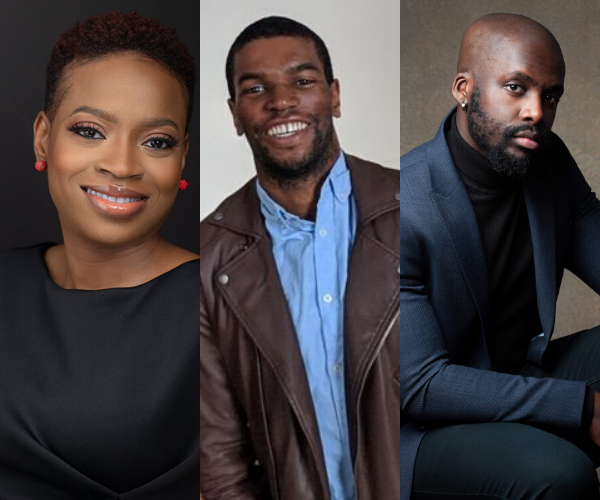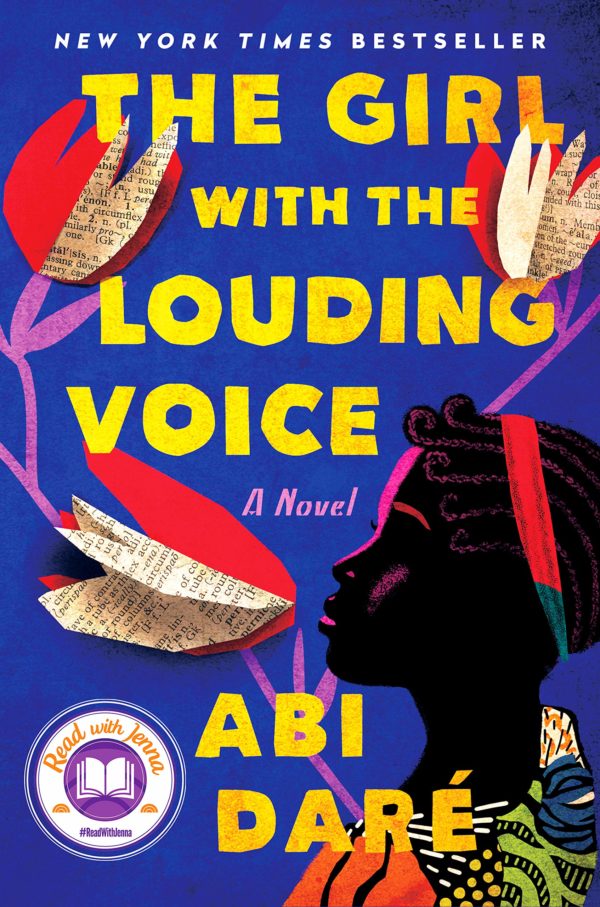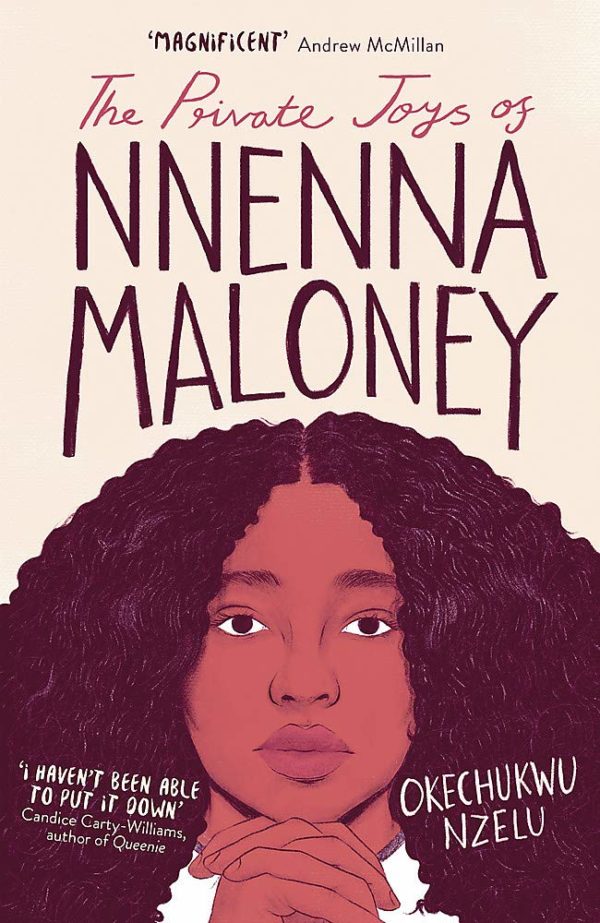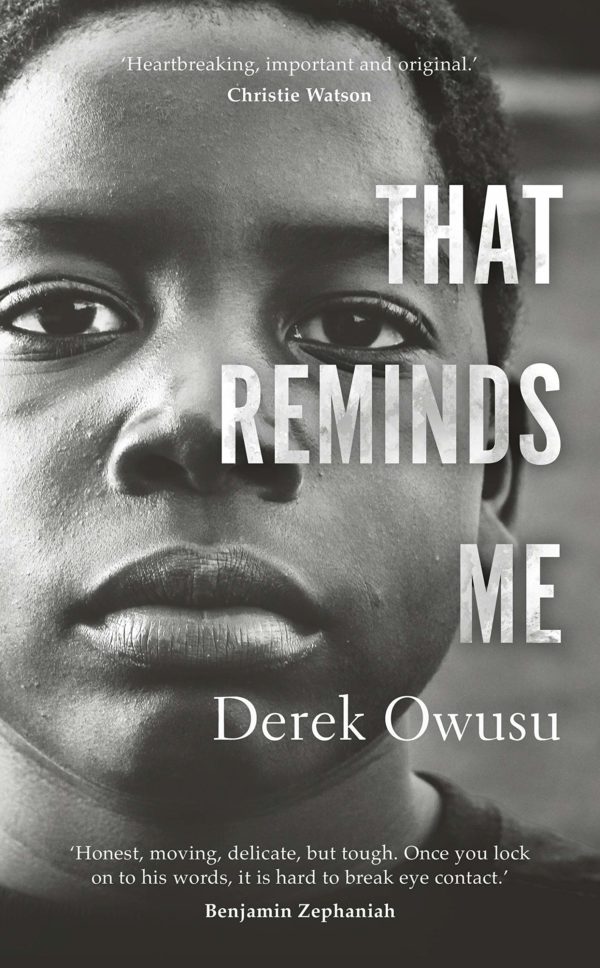
The 2020 Desmond Elliot Prize has announced its shortlist and we’re excited to see that, for the very first time in the prize’s thirteen-year history, all the writers are of African descent.
They include Nigeria’s Abi Dare for The Girl With The Louding Voice, Okechukwu Nzelu for The Private Joys of Nnenna Maloney and Derek Owusu for That Reminds Me. Nzelu and Owusu have Nigerian and Ghanaian roots respectively.
The shortlist was selected by a panel of judges chaired by previous winner Preti Taneja.
Founded in 2007, the Desmond Elliot Prize is annually awarded to a full-length novel by a debut author, written in English and published in the UK.
The Telegraph noted that the prize was “The UK’s most prestigious award for first-time novelists”. Winners receive a cash reward of £10,000.
The winner will be announced in July.
Brittle Paper congratulates Abi Daré, Okechukwu Nzelu and Derek Owosu.
Bios of Shortlisted Authors
Born and raised in Lagos, Abi Daré obtained a law degree from the University of Wolverhampton, an M.Sc. in International Project Management from Glasgow Caledonian University and an MA in Creative Writing at Birkbeck University of London. Her debut novel The Girl with the Louding Voice won The Bath Novel Award for unpublished manuscripts in 2018 and was an instant New York Times bestseller upon publication. It was also listed as one of our Anticipated Books of 2020.

Okechukwu Nzelu studied English at Girton College, Cambridge. His work has appeared in Agenda, PN Review, E-magazine The Literateur, and the anthology Safe: On Black British Men Reclaiming Space. He is a recipient of the New Writing North Award for his debut novel The Private Joys of Nnenna Maloney.

Derek Owusu is a writer, podcaster and editor. Born to parents of Ghanain heritage, he was raised in foster care by a white family in Suffolk until he was eight. He studied English Literature at the University of Manchester. In 2019, he collated, edited and contributed to SAFE: On Black British Men Reclaiming Space, a “timely anthology exploring the experiences of Black men in Britain”.









COMMENTS -
Reader Interactions